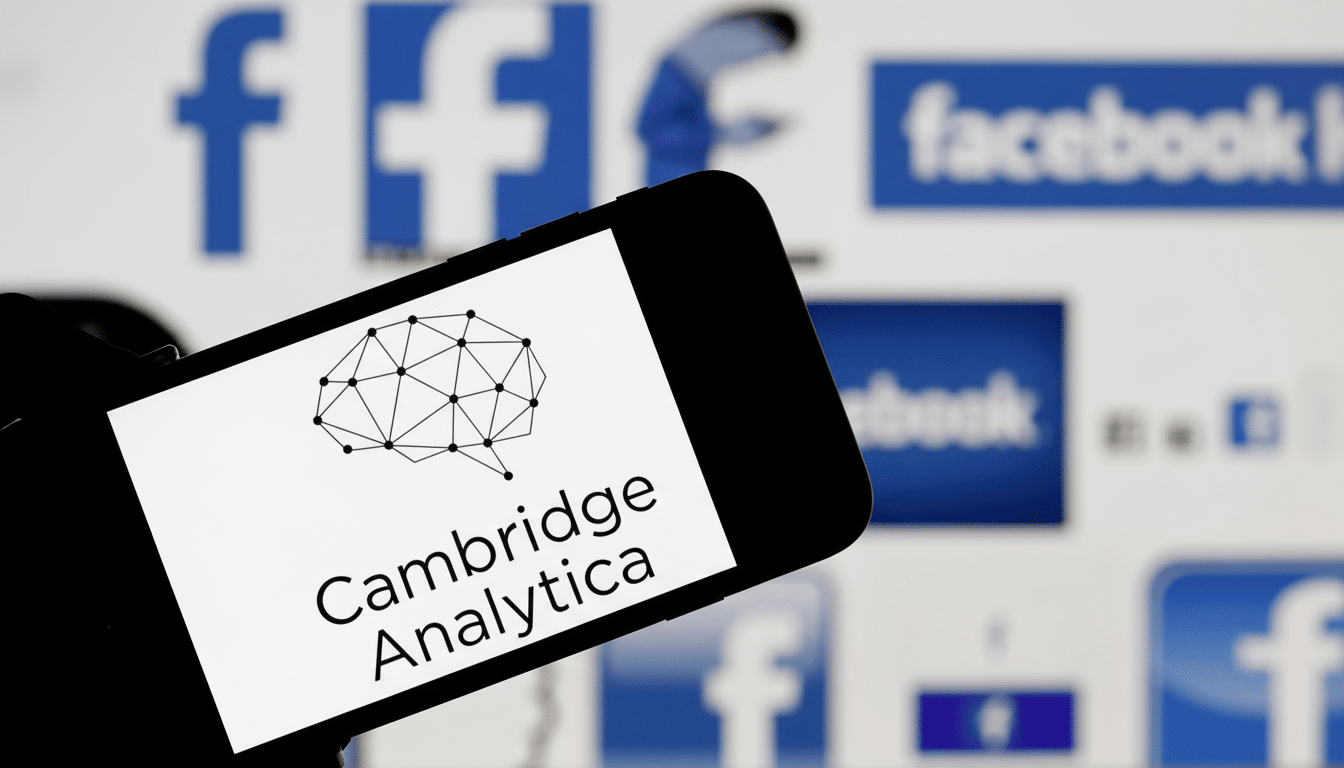Payments from Facebook’s record-breaking user privacy settlement are beginning to arrive, marking the first traces of cash tied to the fallout of its costly Cambridge Analytica scandal. The average payment will be around $29 per claimant, and the projected maximum payout will be about $38.36, according to court documents obtained by CBS News. Disbursements are going out in batches over a period of weeks, and recipients will get an email notice before they arrive. Before fees and administrative costs, the fund is capitalized at $725 million.
Who is eligible — and why the checks are small
Members of the class are Facebook users who had participated in the defined class period, and filed a timely claim. Court documents show that payouts are prorated based on how much time a person had an active account at Facebook during the class period (which means someone who spent more time actively using Facebook generally will get slightly more money than someone who signed up later). Still, the final per-person sums are relatively modest once you consider how many valid claims there actually are.

Plaintiffs’ filings previously mentioned the settlement drew more than 17 million valid claims — which attorneys for both sides have called one of the largest participation rates ever achieved in a U.S. class action. When a finite fund is spread that thin, the numbers account for the ~$29 average.
When and how payments arrive
Payments are being made in stages by the settlement administrator, Angeion Group. Claimants who checked the electronic options on their forms — for example, via PayPal, Venmo, Zelle, prepaid card or direct deposit — should be on the lookout for an email confirmation ahead of any transfer. Paper checks are also being mailed, if that was selected. If you’ve filed, check your inbox and spam folders for messages from the administrator so that you don’t miss out on when payments open up.
The administrator’s notice usually includes how to update or request an alternative delivery if your payment method has changed since you filed. If you do not receive the aforementioned notice during the distribution period, claimants usually will be instructed to contact the class action administrator in order to inquire about their claim status.
What this settlement addresses
The case relates to the harvesting of tens of millions of Facebook users’ data — reported as many as 87 million — obtained through a third-party personality quiz app and then transferred to Cambridge Analytica without users giving clear consent.
That data was Leibbrandt, who like Mr. Wylie has told his story to The Times and congressional investigators, detailed the work that took place at the firm after the harvesting of millions of Facebook profiles from users across the country inflated Cambridge Analytica’s voter modeling capability in 2014 and 2015.
The results were used to build detailed voter profiles and fuel its targeted political messaging. The episode set off worldwide scrutiny of Facebook’s data sharing practices, government investigations and a larger soul searching among tech companies about how they use their users’ information.

The parent company of Facebook, Meta, is settling the litigation but has not admitted wrongdoing. The company has subsequently brought in tighter controls for developers, expanded transparency tools for users and imposed stricter limits on access by third-party apps to the data of friends — changes that privacy advocates say are long overdue.
Common questions from claimants
Did I miss the deadline? The payout is for users who filed a legitimate claim only. The filing period has closed.
Why is it less than I expected? What’s left of the fund, after attorneys’ fees and administrative costs are subtracted, is distributed on a pro rata basis. The per-person payments are modest, given how large the claims pool is. How long you use Facebook through the class day also has an impact on your share.
How do I avoid scams? The administrator will not request your Facebook password or sensitive banking information in an unsolicited phone call or text message. Check any email’s send details and language. When in doubt, check with the court-appointed settlement administrator using publicly available contact information.
The broader privacy takeaway
For many, the payments are more symbolic than compensatory. But the real value might be in the lesson: audit which apps are tied to your social accounts, review your ad preferences and regularly prune third-party access. On Facebook, features like “Access Your Information” and “Off-Facebook Activity” offer at least some visibility into what’s been collected and shared —and controls to limit it.
Class-action settlements rarely make affected individuals whole, but they can compel platform-level changes and establish new norms for how data should be stewarded. As the payouts land, the message to the industry is clear: Privacy lapses have their price, even if that’s paid out a few dollars at a time.

